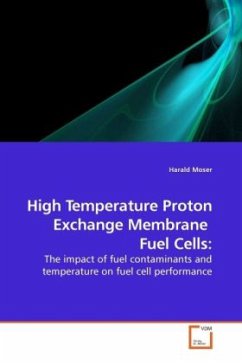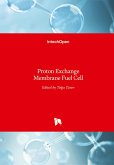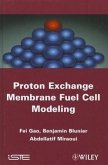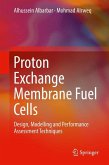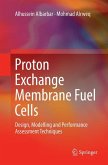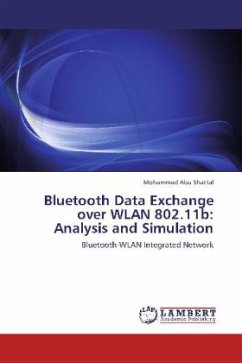Fuel cells are highly efficient electrochemical power sources directly converting the chemical energy of fuels. In the recent development history of Proton Exchange Membrane Fuel Cell (PEMFC) technology, an innovative solution resolved one highly interfering technical barrier of a maximum operating temperature limit of 80°C due to humidification and ion conductivity issues. The development and utilization of a novel membrane capable of operating at temperatures up to 200°C displays one of the most important and influential milestones in recent PEM technology. In these so-called High Temperature PEM fuel cells (HT-PEMFC) rates of electrochemical kinetics are enhanced, water management and cooling is simplified, useful waste heat can be recovered, and lower quality reformed hydrogen with considerable amounts of contaminants may be used as the fuel. The impact of the fuel contaminants carbon monoxide and carbon dioxide and temperature on HT-PEMFC performance and durability are investigated. Segmented current measurements, i-V and i-P characterization techniques, electrochemical impedance spectroscopy and accompanied on-line gas analysis are the employed methods of characterization.
Bitte wählen Sie Ihr Anliegen aus.
Rechnungen
Retourenschein anfordern
Bestellstatus
Storno

